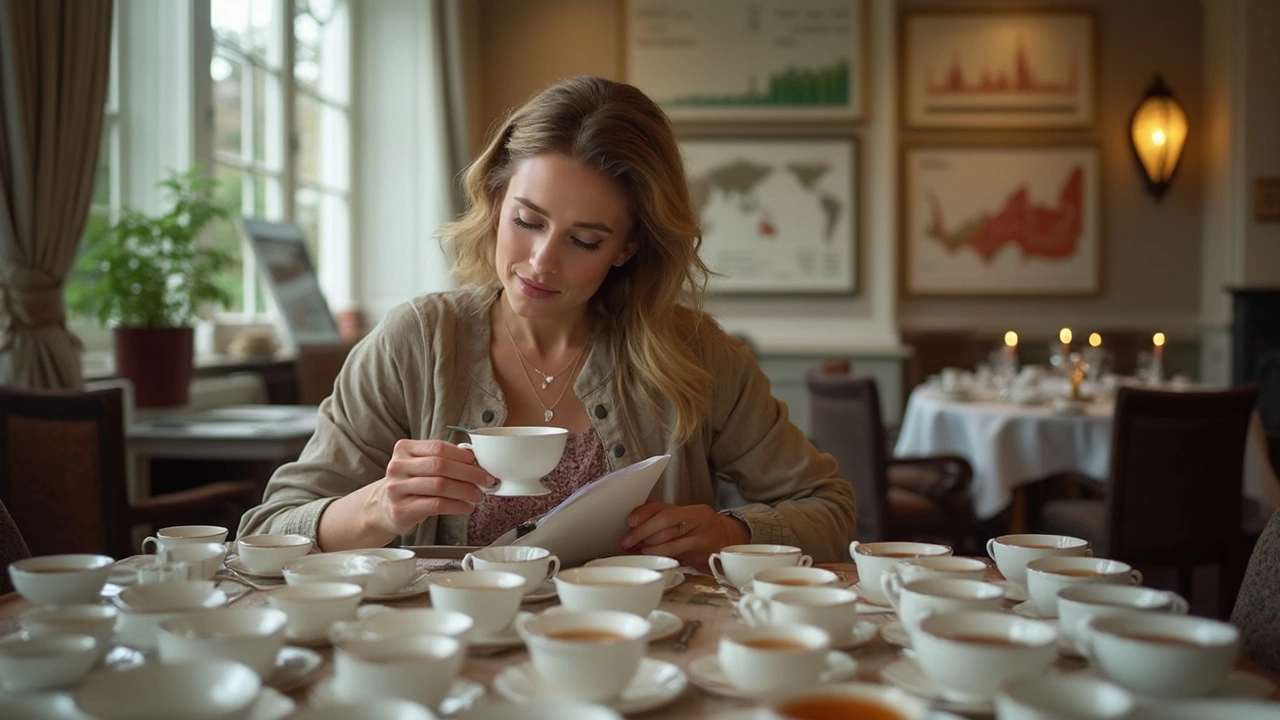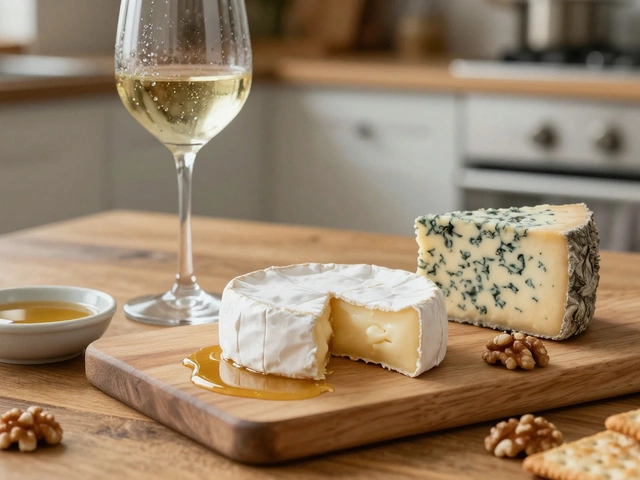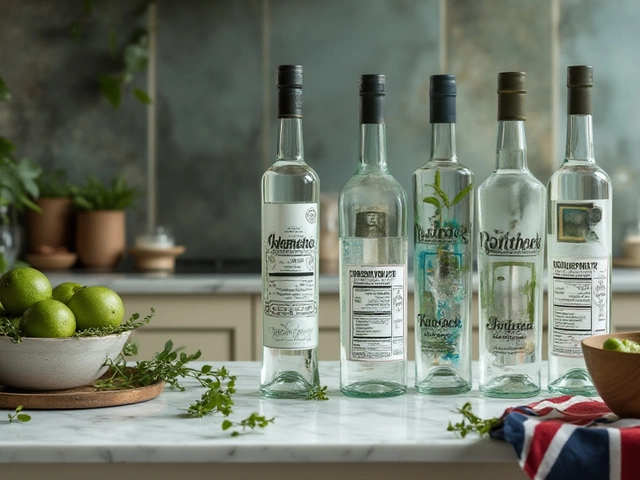Tea Taster Salary – What You Can Really Earn
If you love tea and can tell the difference between a brisk Darjeeling and a mellow Oolong, you might wonder how much money that skill can bring. The short answer: salaries vary, but many tasters make a comfortable living, especially with experience and the right niche.
Average Pay and Range
Entry‑level tea tasters in the UK typically start at £20,000‑£30,000 per year. After a few years, the range climbs to £35,000‑£45,000. Senior tea sommeliers or those working for large brands can pull £50,000‑£70,000, and a few specialist consultants earn six‑figure fees for private tastings and training sessions.
What Influences Your Earnings?
Several factors decide where you land in that range. First, experience matters – the more cuppings you’ve logged, the higher the pay. Second, location plays a role; tea houses in London or major export firms often pay more than regional roasters.
Third, education and certifications add value. A diploma in tea studies or a certification from the International Tea Masters Association can boost your rate by 10‑20%. Fourth, specialization pays – mastering rare teas like pu‑erh or matcha for high‑end markets commands premium fees.
Finally, employment type matters. Full‑time roles come with benefits and steadier pay, while freelance tasting gigs might pay per session but offer flexibility and higher hourly rates.
Most tea companies also include bonuses tied to product launches, quality improvements, or successful training programs. Those bonuses can add a few thousand pounds to the annual total.
Don’t forget the side hustle potential. Many tasters write blogs, create video reviews, or run workshops. With a solid following, ad revenue and sponsorships can supplement a regular salary nicely.
So how do you start earning? Begin by getting hands‑on experience. Volunteer at local tea rooms, attend cupping events, and practice blind tasting with friends. Build a simple log of each cup’s flavour notes, aroma, and mouthfeel – this becomes your portfolio.
Next, look for apprenticeship programs. Brands like Twinings, T2, and specialty tea importers often have entry‑level tasting positions. These roles pay modest wages but provide mentorship and exposure to premium blends.
Once you’ve logged a few years, consider a formal qualification. Online courses from the Tea Association of the USA or UK‑based tea schools cost a few hundred pounds but give you a credential that stands out on a CV.
When you feel ready, negotiate your salary. Highlight concrete achievements – for example, “improved product consistency by 15% through systematic cupping” or “trained 20 staff members on flavor profiling, boosting sales of premium teas by 12%.” Numbers speak louder than passion alone.
Remember, the tea industry values both skill and personality. Being personable with clients, writing clear tasting notes, and sharing your enthusiasm can open doors to higher‑paying consultancy gigs.
Bottom line: a tea taster can start around £20k, grow to £45k‑£70k with experience, and potentially hit six figures as a specialist or consultant. Focus on building expertise, getting certified, and showcasing results, and the salary will follow.
Ever wondered what a professional tea drinker makes? This article breaks down the actual salary figures for tea tasters worldwide, explains what the job is really like, and shares surprising facts about earning potential in this unique career. Get tips on how to boost your income as a tea expert and what top employers look for. If you love tea, this might just be the inside scoop you need. Expect practical advice and real numbers.
View DetailsEver wondered how much a tea taster earns in the US? This article spills the beans on their salary range, factors that influence pay, the daily life of a tea taster, and how one can venture into this unique career. Discover if your love for tea could translate into a rewarding profession.
View Details


